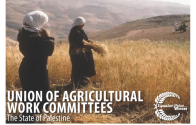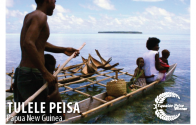Statistical Analysis of Land Disputes in Cambodia, 2013
The purpose of the report is to provide documentary evidence of land disputes recorded throughout 2013. This evidence was gathered from articles on land disputes from local printed media, meetings with Land and Housing Right Network (LAHRiN)2 members, and through on site data collection.





